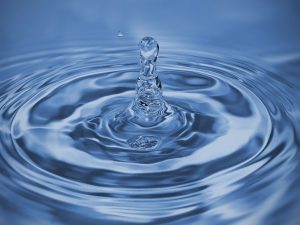 Every trade has its secrets, tips and aspects of the work that only professionals doing the job would know. Here are a few plumbing-trade secrets that every homeowner should be aware of:
Every trade has its secrets, tips and aspects of the work that only professionals doing the job would know. Here are a few plumbing-trade secrets that every homeowner should be aware of:
1. You can avoid unnecessary service calls from your plumber by making sure the outside faucets are turned off in the winter and outside hoses disconnected. First, shut off the water from the inside and open the valve on the outside to let the water from inside drain out. Essentially, both valves are switched in their opposite directions so one is always closed and one is always open. By doing this, you reduce the likelihood of your hose freezing, the repair of which can be costly. Similarly, if you are going away on vacation, turn off your water. Have a relative or neighbor check on your house if the temperature ever drops below freezing. This will help avoid flood and freeze damage.
2. Keep an eye on small drips. These leaks can waste over eight gallons of water a day. A continuously running toilet can waste more than 200 gallons of water daily. Spare your pocket and attend to leaks when they occur.
3. Avoid hanging wet clothes on exposed pipes in your basement. Pipes, particularly old ones, can break and cause floods.
4. Using bricks in your toilet tank can keep your toilet from flushing correctly. Additionally, liquid drain cleaners can damage your pipes. Use your trusty plunger or invest $30 in an auger that will serve you with many other DIY plumbing issues as well.
5. Flushable baby wipes do not break down as easily as toilet paper and are a common cause of clogs.
6. If you find yourself frequently jiggling the toilet handle to stop the toilet from running, you may need to replace the flap valve. This easy fix costs only $4 for the part.
7. Burst washing machine hoses are a top homeowner insurance claim. Avoid this hassle and replace rubber hoses with those made from stainless steel.
8. Make sure you and your family know where the main turnoff source is. In the case of a flood, one switch can make the difference between hours of cleanup and hundreds of dollars of water damage.
9. Purchase a drain strainer or hair snare to catch hair lost during showers. When cleaning the drain, use a paper towel and as little soap as possible, as soap residue can slowly thicken pipe walls.
With home plumbing maintenance, a little awareness goes a long way. By taking a few small details into account, you prevent larger problems and save the service calls for another day.

